1. Dollar General
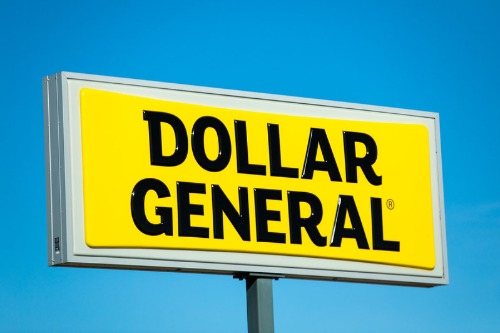
You’d think a store named “Dollar” would always offer unbeatable prices, right? But Dollar General has quietly built a loyal rural following despite prices that are sometimes higher than Walmart or local grocery stores, according to Eric Gardner of More Perfect Union. People stick with it because it’s often the only game in town — especially in food deserts. Convenience wins out over savings, even when the math doesn’t add up.
It’s worth noting that their rapid expansion — over 19,000 stores and counting — means they’re within five miles of 75% of the U.S. population. Still, their limited selection, inconsistent product quality, and higher-than-expected prices don’t always justify the fierce brand loyalty. There’s even concern that these stores suppress local economies by driving out smaller grocers. Yet, people still swear by their DG runs like it’s tradition.
2. Hobby Lobby
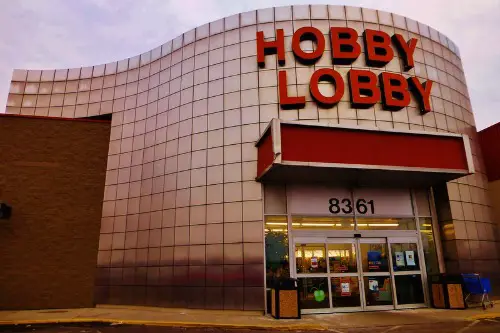
Despite a long list of controversies, Hobby Lobby has a passionate fan base. Whether it’s due to their massive craft selection or weekly 40% off coupons, shoppers remain fiercely loyal. But let’s be honest — the company has faced backlash for everything from refusing to cover employee birth control to smuggling ancient artifacts, according to Bethany Biron and Heather Schlitz of Business Insider. And yet, lines still form every weekend.
It helps that they dominate a niche market — there just aren’t many national arts and crafts chains left. Even when competitors like Michaels offer more progressive policies and comparable deals, many people will drive right past them to get to Hobby Lobby. It’s a blend of habit, tradition, and maybe a little stubbornness. And let’s not forget they’re closed on Sundays, which somehow makes customers love them more.
3. Cracker Barrel
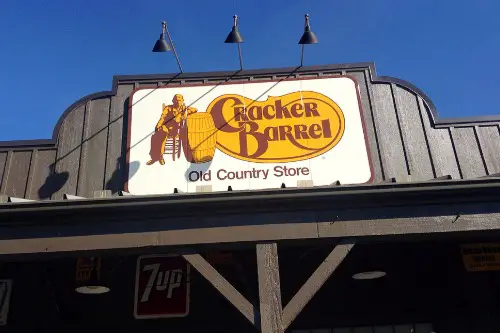
Cracker Barrel is the roadside comfort stop for many Americans — rocking chairs, country music, and all, Christine Brikner of Adweek shares. People swear by it, even though the food is often just “okay” and the decor hasn’t changed since 1997. The loyalty runs deep, especially in the South, where it’s practically a rite of passage to stop in during road trips.
But the chain has dealt with its share of criticism, including accusations of discrimination and outdated hiring practices. Still, for many, Cracker Barrel isn’t just a restaurant — it’s nostalgia on a plate. You could serve them lukewarm gravy, and they’d still come back for that peg game on the table. That’s the kind of emotional branding you can’t buy.
4. Bath & Body Works
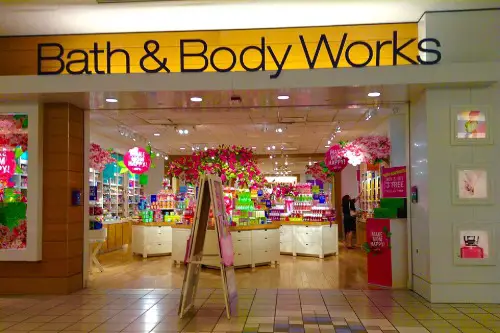
Let’s talk about how people will go absolutely feral over a $3 candle sale at Bath & Body Works. Yes, the scents are iconic (hello, Cucumber Melon and Japanese Cherry Blossom), but are they really worth the hype and the markup? The store’s seasonal releases create an almost artificial urgency, and fans fall for it every single time.
They’ve cultivated a collector-like mentality — people stock up like the world is ending. But behind the scenes, critics point out the use of synthetic fragrances, over-packaging, and environmental concerns. Still, it’s hard to argue with how walking in there smells like happiness. Loyalty, in this case, is bottled nostalgia in lotion form, according to Kaarin Moore of Retail Dive.
5. Olive Garden
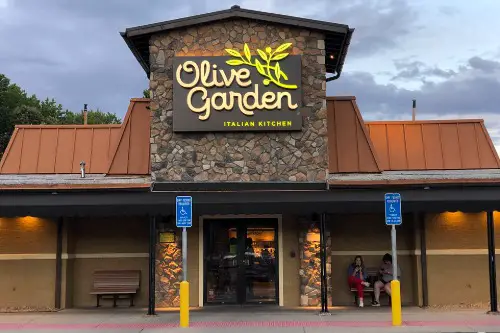
Unlimited breadsticks and mediocre pasta? Sign America up. Olive Garden has become a comfort staple, especially for suburban families who equate it with a “fancy night out” — even though it’s basically microwave Italian food.
The chain has weathered harsh critiques from foodies, comedians, and even investors, but customer loyalty hasn’t wavered. Part of it is price — for $20, you can feel like you’re being treated. The other part? That iconic salad dressing and a warm sense of familiarity that trumps culinary accuracy.
6. Waffle House
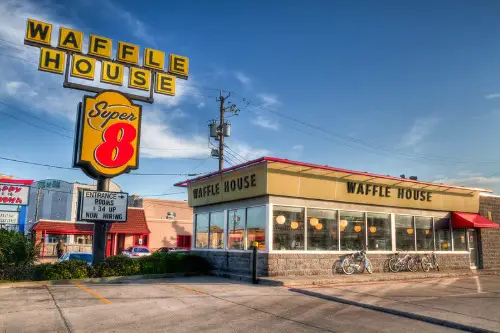
People treat Waffle House like it’s sacred ground, even though most of the locations look like they’ve been hit by a small tornado — on a good day. The food is greasy, the service is inconsistent, and the coffee is more brown water than actual brew. But none of that matters to fans who treat it like a national treasure.
There’s something raw and real about a 3 a.m. Waffle House visit after a concert or a night out. It’s not about fine dining — it’s about survival and storytelling. Even FEMA reportedly uses Waffle House closures to gauge disaster severity. That’s how embedded it is in American life — flaws and all.
7. Spirit Halloween
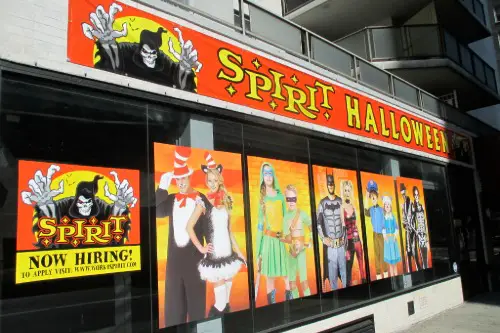
Every fall, the empty husks of former Sears and Toys “R” Us stores are magically reanimated into Spirit Halloween locations. And every year, people rush in like they forgot Halloween happens annually. The costumes are overpriced, the wigs are scratchy, and half the animatronics are broken. Yet somehow, it’s a tradition people cling to.
Part of the charm is the pop-up mystery — where will the Spirit store appear this year? Shoppers don’t even mind that they’re paying $59.99 for a plastic axe and polyester robe. It’s the seasonal thrill that gets them, not the product quality. And let’s be honest — it’s more about the vibe than the value.
8. Red Lobster
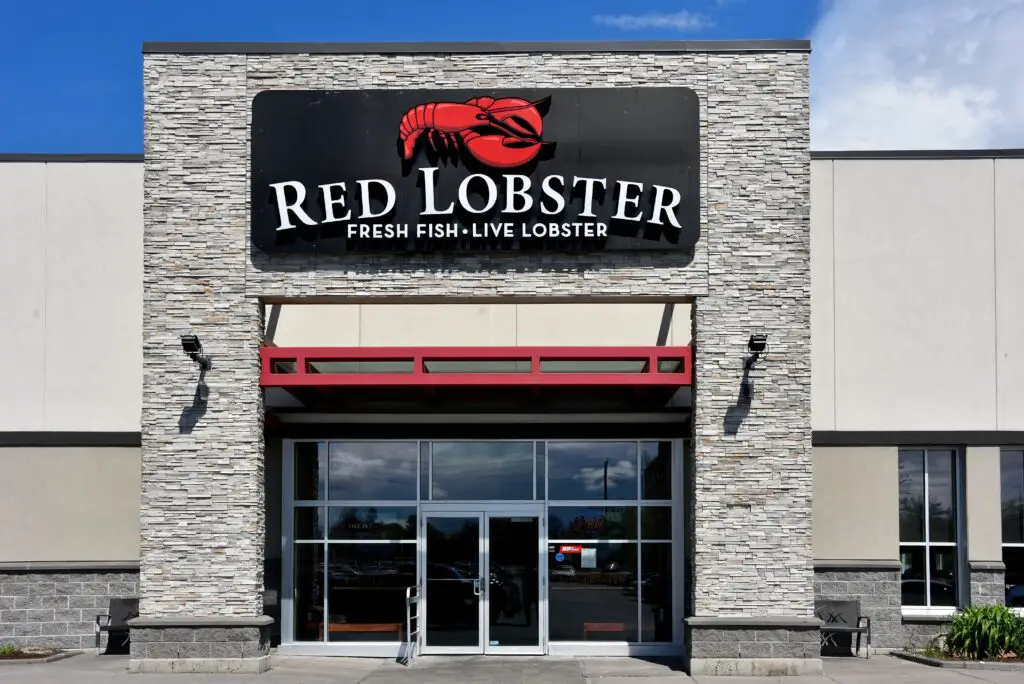
Red Lobster fans are a special breed. They’ll defend those Cheddar Bay Biscuits like they’re a constitutional right. But when you look past the biscuits, the prices are high for what’s often frozen seafood dressed up with butter and parsley.
The chain has faced financial struggles, multiple ownership changes, and quality complaints. Still, it remains the go-to for suburban celebrations and awkward prom dinners. Red Lobster isn’t just about the food — it’s a nostalgic event. You might leave $75 poorer, but you’ll feel like you “did something.”
9. Sheetz
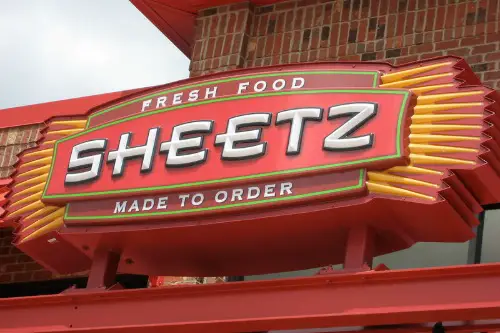
People from Pennsylvania and surrounding areas treat Sheetz like it’s fine dining — and that’s only half a joke. The made-to-order menu is robust, but let’s be clear: you’re still eating food from a gas station. Burgers, milkshakes, fried mac and cheese — it’s glorious, greasy chaos.
Loyalty to Sheetz borders on cult-like, with fans proudly repping merch and fighting anyone who dares say Wawa is better. It’s the Chick-fil-A of convenience stores: service is fast, food is hot, and the locals are all-in. Sure, your arteries might hate you, but your soul feels full. And that’s enough for most.
10. Big Lots
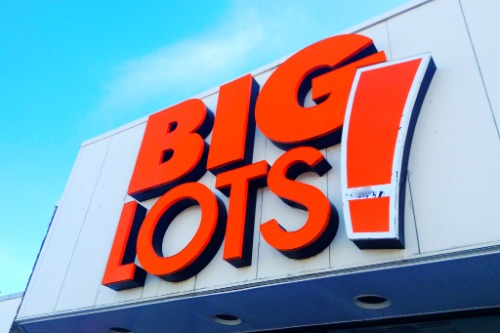
People love Big Lots like it’s a secret club where everything is a deal — except, it’s not always the cheapest option. It feels like a treasure hunt, which makes customers stick around even when they’re paying more than they would at Walmart. They’ve built loyalty on the thrill of the find and quirky product variety.
But inconsistent stock, questionable furniture quality, and pricing that varies wildly across regions are real issues. Still, shoppers keep coming back, saying things like “you just never know what you’ll get.” It’s that unpredictability that keeps them hooked. Retail roulette, American-style.
11. IHOP
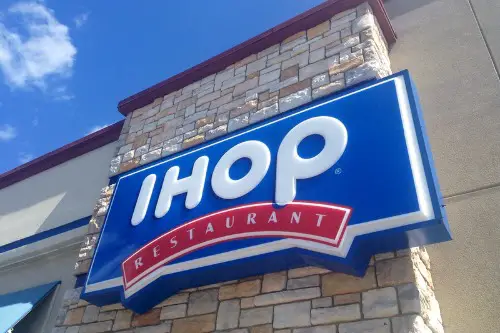
Breakfast all day sounds like a dream — until you get a lukewarm stack of pancakes and watery coffee. But for some reason, IHOP remains beloved by families, college kids, and late-night diners. The food is rarely great, but it’s always… there.
Loyalty to IHOP is about accessibility and expectations. You know exactly what you’re walking into: syrup-soaked comfort and an excessive menu. Even if they rebrand as the “International House of Burgers” again (remember that?), people won’t quit them. They’re the breakfast buddy that never says no.
12. Ross Dress for Less
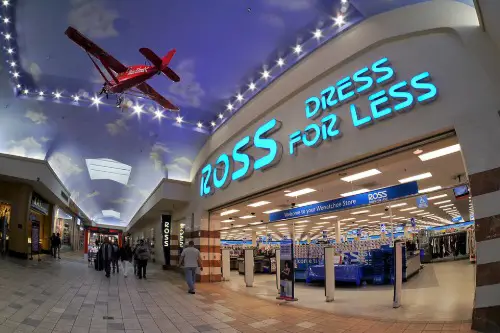
You walk into Ross with no plan, no expectations, and probably no hope — and that’s the point. The store is often a mess, dressing rooms are chaotic, and good luck finding matching shoes. But shoppers are hooked on the “digging for gold” experience.
The store’s loyal fan base thrives on the feeling that they’re outsmarting retail. Even when the savings are minimal or the brand names are obscure, that hunt is intoxicating. It’s not about needing something — it’s about the possibility of scoring. Retail therapy meets bargain treasure hunt.
13. Chick-fil-A
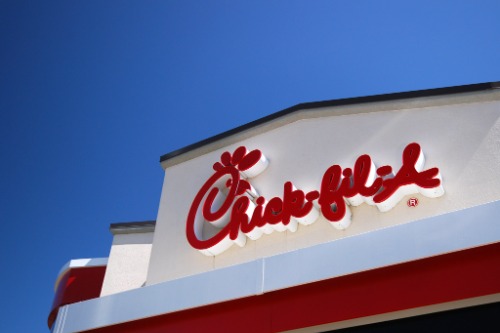
Chick-fil-A has undeniably tasty chicken and top-tier service, but their fan base often overlooks controversies in favor of spicy deluxe sandwiches. The loyalty is so strong that people will wait in drive-thru lines that stretch into neighboring zip codes. And they do it with no complaints — just gratitude for waffle fries.
The chain’s stance on LGBTQ+ issues has caused nationwide backlash, but sales haven’t suffered much. Some folks even double down in their support during these controversies. It’s a case where food, values, and culture clash — and customers make their choice anyway. For better or worse, they’re not budging.


